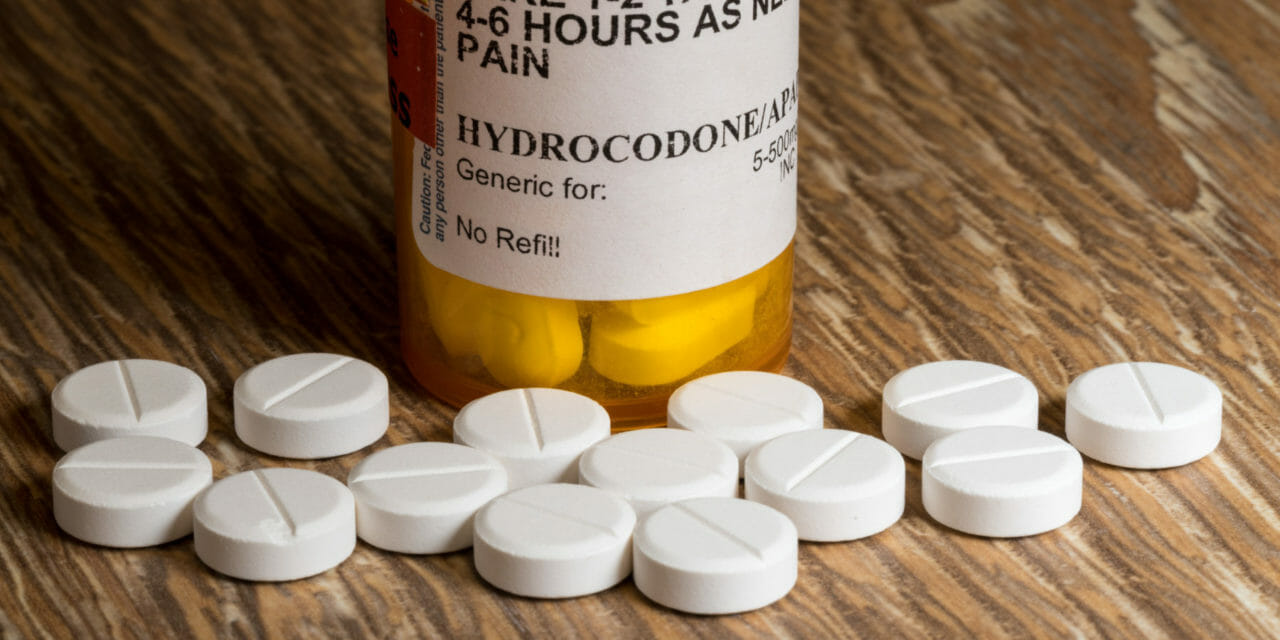Dr. Ruiz’s Bill to Help Address Opioid Crisis Signed into Law
WASHINGTON – Congressman Raul Ruiz’s, CA-36), bill to expand access to lifesaving care for patients with opioid use disorder has been signed into law. H.R. 2281, the Easy Medication Access and Treatment (Easy MAT) for Opioid Addiction Act, would expand access to care for people seeking long-term care after a trip to the emergency department. By easing current restrictions that prevent patients from accessing the treatment they need, Dr. Ruiz’s legislation will help sustain their recovery until long-term treatment is available to them.
“My Easy MAT bill became law. This is a great outcome in our fight against the opioid crisis and expanding access to critical care for patients,” Dr. Ruiz said in a prepared statement. “As a physician, I have seen firsthand the unnecessary barriers to long-term care that patients face when they wind up in the emergency department suffering an opioid overdose. By improving the availability of treatment, my bill, the Easy MAT Act, will help patients sustain their recovery, increase access to care, and save lives.”
Emergency departments treat thousands of patients for nonfatal opioid overdoses each year. After seeking treatment in the emergency department, patients with opioid use disorder oftentimes have to wait days to get placed into the long-term care they need.
The time between a patient’s visit to the emergency department and their placement in long-term care is critical to ensuring a patient makes it to long-term care. In fact, 1 in 20 patients treated for a non-fatal opioid overdose in an emergency department dies within one year of their visit, many within two days.
DEA regulations already allow physicians to dispense three days of Medication-Assisted Treatment to a patient who is waiting for placement into a long-term treatment program, but patients are required to return to the emergency department each day to get their daily dosage of MAT.
H.R. 2281, the Easy MAT for Opioid Addiction Act, allows providers to dispense up to a three-day supply of Medication Assisted Treatment to an individual at one time for the purpose of maintenance or detoxification treatment. This legislation will increase the number of patients who make it to long-term treatment and ease the burden on already overcrowded emergency departments.
Image Sources
- Opioid: Shutterstock







